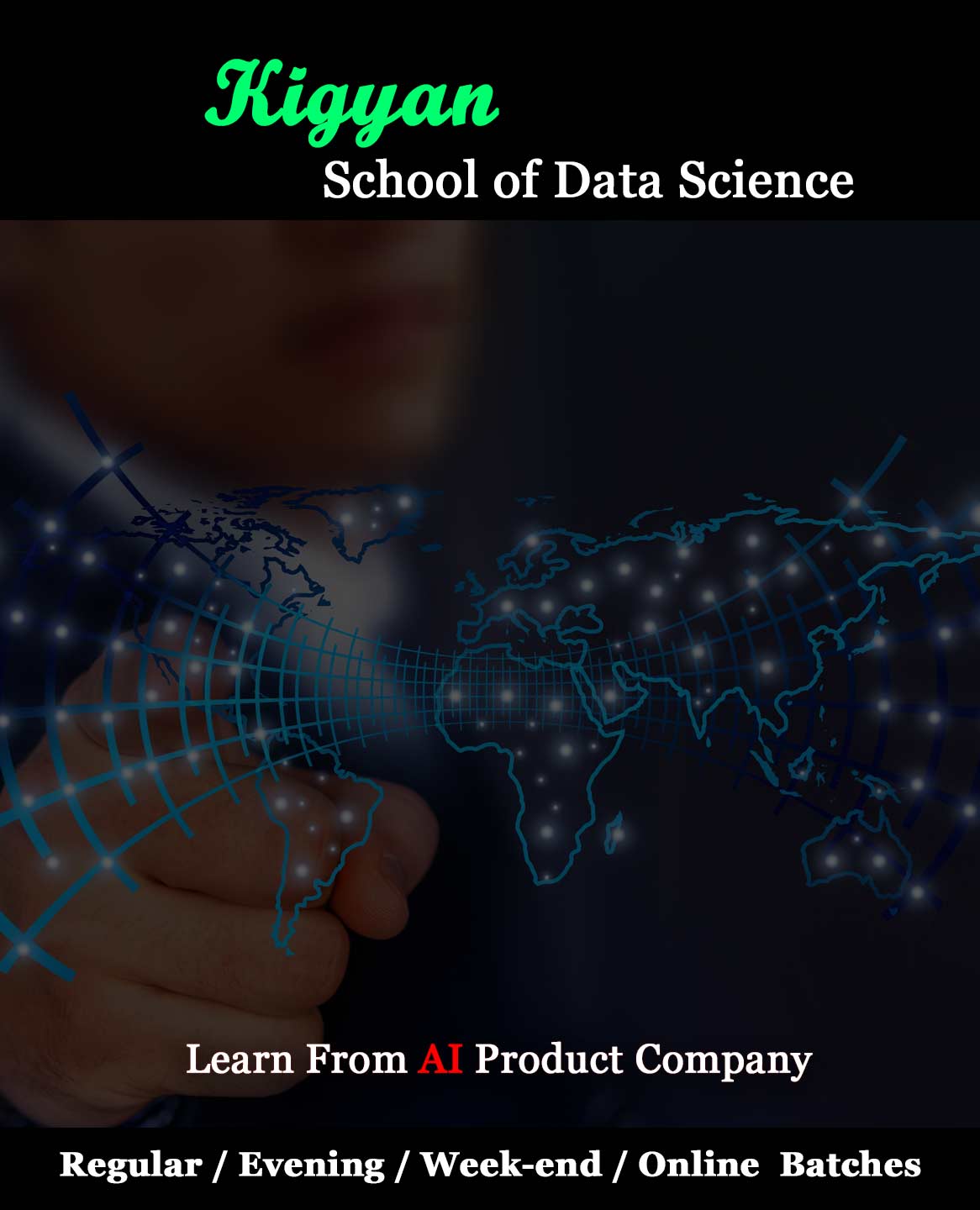

Data Science with Python course will establish your mastery of data science and analytics techniques using Python. With this Python for Data Science Course, you will learn the essential concepts of Python programming and gain deep knowledge in data analytics, machine learning, data visualization, web scraping and natural language processing.
Python is a multi-paradigm or versatile programming language that can be considered as a sort of swiss knife for the coding world. This is because it supports structured programming, Object Oriented Programming and even functional programming patterns. The versatility of Python undoubtedly makes it the best-suited programming language for the data scientists. Here are some of the other advantages of python for data science, which will help you understand why you should learn data science with Python:
All the above-mentioned advantages of Python programming language make it ideal to be used for data science by the data scientists. Owing to the extensibility and general-purpose nature, it is recommended that you learn data science with Python.
Python is a required skill for many data science positions, so jumpstart your career with this interactive, interactive, hands-on course.
The Data Science with Python course will furnish you with in-depth knowledge of the various libraries and packages required to perform data analysis, data visualization, web scraping, machine learning and natural language processing using Python.
Python has surpassed Java as the top language used to introduce US students to programming and computer science, and 46 percent of data science jobs list Python as a required skill.
What Skills you will Learn
This Python for Data Science training course will enable you to:
There is a booming demand for skilled data scientists across all industries that make this course suited for participants at all levels of experience. We recommend this Data Science with Python training particularly for the following professionals:
Upon completion of the Data Science with Python course, you will have the skills required to help you land your dream job, including:
There are no prerequisites for learning this course. However, knowledge of any one programming language and SQL will be beneficial
Upon successful completion of the Data Science with Python certification training, you will be awarded the course completion certificate from Kigyan
The tools you will need to attend training are:
We offer this training in the following modes:
Yes, we have group discount options for our training programs. Contact us using the form on the right of any page on the website or send am mail with your requirement and the student count to shailaja@kigyan.com. Our customer service representatives can provide more details.
Payments can be made using any of the following options. You will be emailed a receipt after the payment is made.
Getting moulding to the industry present requirement in hands of experienced and knowledge trainers... Proud to be a KIGYAN student...
Was very happy that we learnt something new which was unknown to us and had a good experience and the share of information was very clear and had a good sessions learning the topics